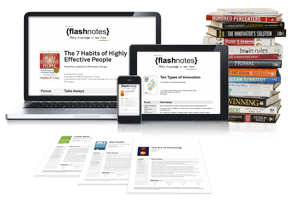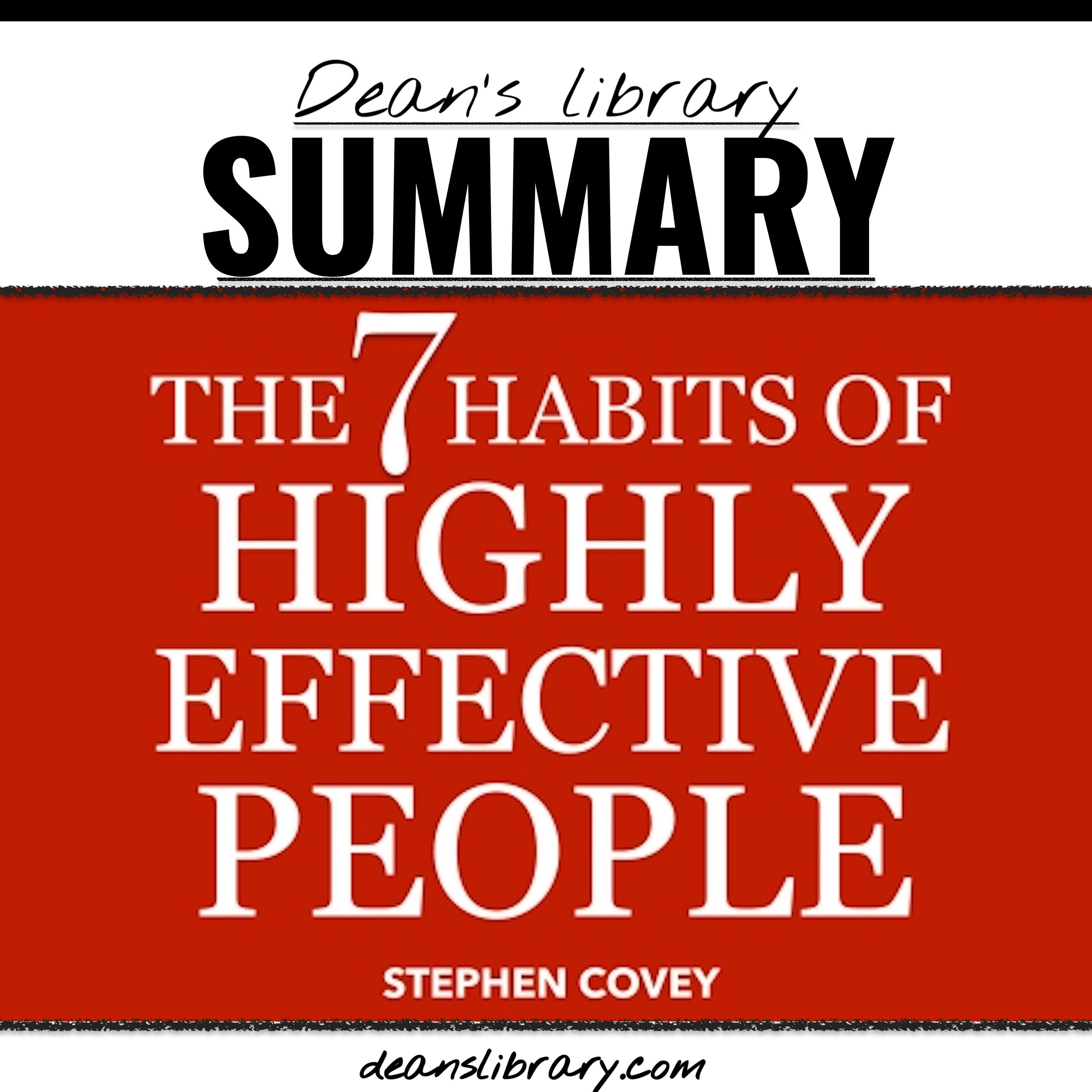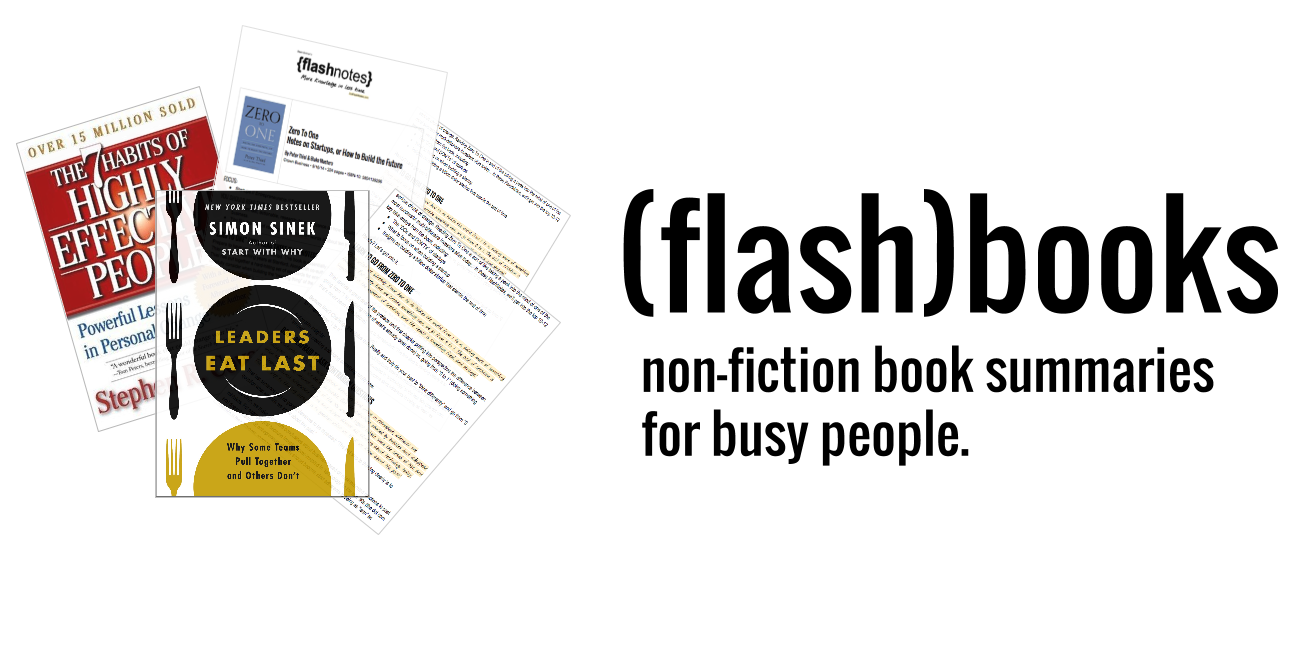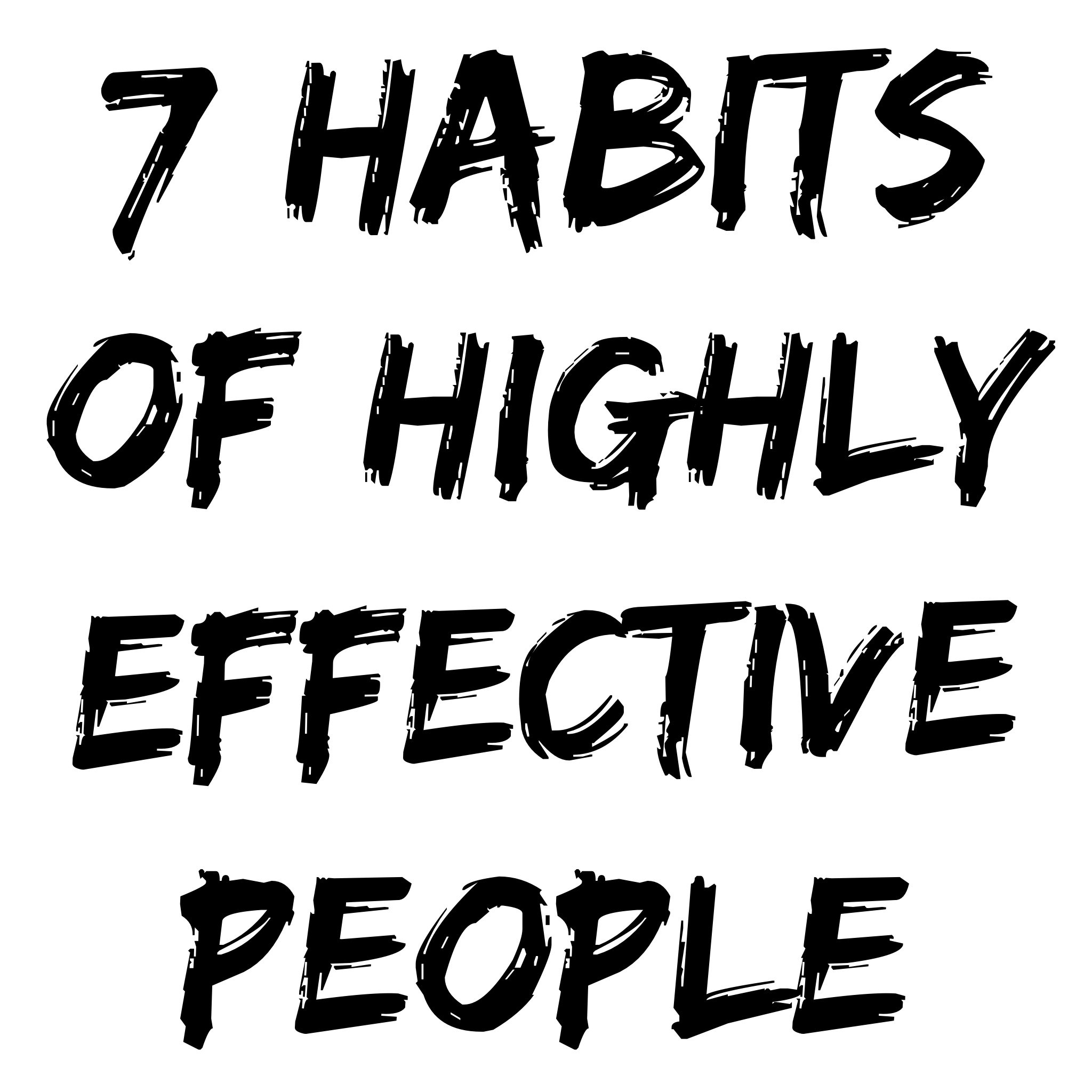Zero To One by Peter Thiel : Book Summary
flashbooks book summary on: Zero To One : Notes on Startups, or How to Build the Future by Peter Thiel, Blake Masters
BY DEAN BOKHARI • GET FREE UPDATES • TOPICS: MEANINGFUL SHOW
"Every culture has a myth of decline from some golden age, and almost all peoples throughout history have been pessimists. Even today pessimism still dominates huge parts of the world. An indefinite pessimist looks out onto a bleak future, but he has no idea what to do about it. This describes Europe since the early 1970s, when the continent succumbed to undirected bureaucratic drift. Today the whole Eurozone is in slow-motion crisis, and nobody is in charge. The European Central Bank doesn’t stand for anything but improvisation: the U.S. Treasury prints “In God We Trust” on the dollar; the ECB might as well print “Kick the Can Down the Road” on the euro. Europeans just react to events as they happen and hope things don’t get worse."
This is a combined three-part article that includes:
- Audio summary. The audio summary comes from episode #23 of The Meaningful Show, during which we do a quick summary of the top 3 insights from billionaire investor Peter Thiel's new book, Zero To One: Notes on Startups, or How to Build the Future (co-authored by Blake Masters).
- Video summary. After receiving some feedback, I've learned that some of our subscribers prefer watching / listening to the summaries on YouTube. As a result, I've included an episode of the summary on FlashBooksTV.
- Book summary. Finally, after the audio summary and FlashNotesTV episode, you can scroll down for a more detailed book summary which covers more of the actionable insights and philosophies gleaned from this title.
Alright, let's get started...
Listen to this episode.
Listen On iTunes • Download • Or Stream Below Now
Show Notes:
- http://www.GetFlashNotes.com
- Note: This is an audio version of a file that was originally intended for video. Although you shouldn't experience any problems, excuse any "take a look at this" comments or gestures that would allude to something else other than what you're hearing
Selected links + partners:
Grab the Kindle version of this FlashNote on Amazon
Subscribe to The Meaningful Show on iTunes
Watch the book summary on flashbookstv
Read the flashbooks book summary
You should read this book summary if:
- you want fast, actionable, research-driven guidance on how to build a successful and sustainable business.
- you like the idea of reading forty-thousand+ words in about ten to-fifteen minutes.
- you’re ready to experience a paradigm shift in your way of approaching the world of startups, business, and technology.
This book is essentially a collection of lectures delivered by Peter Thiel during his teaching years at Stanford. Along with co-author (and former student) Blake Masters -- Thiel has put together a hard-hitting set of standards for entrepreneurs, startups, and thought-leaders to carefully consider when building the “next big thing” of the future.
Quite frankly, certain sections of the book are so ridiculously well put together that one just sits there and thinks after reading them. Chapter after chapter, Thiel gives example after example of how to successfully build the future.
But Why Listen To Thiel?
Well, Peter Thiel has played a role in partnering with, inspiring and/or investing in some of the most successful tech entrepreneurs in the United States (and probably the world) including:
- Elon Musk - who founded SpaceX and co-founded Tesla Motors;
- Reid Hoffman - who co-founded LinkedIn;
- Steve Chen, Chad Hurley, and Jawed Karim - who together founded YouTube;
- Jeremy Stoppelman and Russel Simmons - who founded Yelp;
- David Sacks - who co-founded Yammer; and
- himself, Peter Thiel - who founded PayPal and Palantir.
Oh, and by the way -- all of the above named companies are worth at least $1 billion each. That’s a serious chunk of change. Reading Zero To One is sort of like taking a peek into the mind of one of the most successful multi-billionaire investors alive today... In this book summary, we’ll get into the top 10-12 key take-aways from the book, including:
- The “DOs and DON’Ts” of startups
- What to focus on when building a startup
- Insights on building a billion dollar startup that stands the test of time
Ready? Let’s get into it.
Learn to go from zero to one.
“Doing what we already know how to do takes the world from 1 to n, adding more of something familiar. But every time we create something new, we go from 0 to 1. The act of creation is singular, as is the moment of creation, and the result is something fresh and strange.”
Thiel spends a great deal of the preface and first chapter putting into perspective the difference between going from “1 to n” (doing more of what's already been done) vs. going from “0 to 1” (doing something that’s never been done before).
Bottom line? Challenge the status quo. Really and truly do your best to “think differently” and go from “0 to 1” rather than “1 to n”.
Actionable insights:
* Innovation = creating and doing something totally new.
Don't be afraid to ask contrarian questions.
“Conventional beliefs only ever appear arbitrary and wrong in retrospect; whenever one collapses, we call the old belief a bubble. But the distortions caused by bubbles don’t disappear when they pop. The internet craze of the ‘90s was the biggest bubble since the crash of 1929, and the lessons learned afterward define and distort almost all thinking about technology today. The first step to thinking clearly is to question what we think we know about the past.”
That last sentence was so good it deserves to be repeated: “The first step to thinking clearly is to question what we think we know about the past.”
Far too often, we make premature conclusions about business based on misinterpreted reactions to past mistakes. For example: just because investors over-invested in “technology” in the late ‘90s (the dot com era) doesn’t mean that entrepreneurs of today should become strict adherents to being as “lean” as possible in their business approach.
The past does not equal the future: According to Thiel, the business mistakes of the past have dictated the approach entrepreneurs decide to take for the future.
For example: Silicon Valley entrepreneurs learned four big lessons from the dot-com crash that still guide business thinking today:
* Make incremental advances.
* Stay lean and flexible (No plan. Lots of iteration.)
* Improve on the competition.
* Focus on product. Not sales.
According to Thiel, the four lessons above were mistakenly accepted as dogma for the modern day startup because of the mistakes of the past; proposing the opposite principles instead:
* It is better to risk boldness than triviality.
* A bad plan is better than no plan.
* Competitive markets destroy profits.
* Sales matters just as much as product.
Actionable insights:
* Instead of doing the absolute opposite of something that didn’t work in the past, think for yourself, and formulate an informed hypothesis of whether it might work in your own particular situation.
* Constantly ask yourself when considering a new project or endeavor: What important truth do very few people agree with you on? (Also keep in mind, the business version of the question: what valuable company is nobody building?)
Avoid competition.
“Americans mythologize competition and credit it with saving us from socialist bread lines. Actually, capitalism and competition are opposites. Capitalism is premised on the accumulation of capital, but under perfect competition all profits get competed away. The lesson for entrepreneurs is clear: if you want to create and capture lasting value, don’t build an undifferentiated commodity business.”
I don’t know about you, but I’ve been in more negative competition-related situations in life than positive ones. For me, competing with people has resulted in some pretty nasty things… feelings get hurt. Friendships and bonds begin to break. And bad blood starts to form. And this applies to business, too…
Creating Trumps Competing
Focusing on the competition works well in a narrowly defined activity -- like swimming, for instance. But if you’re trying to build a company -- the only thing you’ll get out of focusing on the competition is a one way ticket to bankruptcy court. So, rather than wasting your time, efforts, and energy focusing on the competition, it’s better to focus on dominating all of (or a majority of) a small niche market.
Build a monopoly.
What’s a Monopoly?
A monopoly is a company that has the majority of control over a specific market.
The greatest example of a modern day monopoly is Google (see below for details).
Characteristics of Monopoly
Most monopolies with large cash flows seem to share the following characteristics (Thiel warns that this is not a checklist, but a list of common characteristics in successful monopolies, that you should think about through the lens of your own business):
- Proprietary Technology: this is the biggest advantage a company can set up for itself, because it’s the aspect of your business that makes it difficult to replicate. For example: Google’s algorithm has made it the best search engine we know thus far, in large part due to the fact that Bing, Yahoo!, and others can’t replicate it (or couldn’t replicate it fast enough). In order to create an advantage like this for yourself, you need to aim for a 10X improvement on whatever you’re doing. Anything less, and you risk being known for nothing more than a “marginal improvement”. When you can improve upon something by 10X or more, you’ve made it difficult for others to catch up. Think about what PayPal did when they created the first payment system to allow transactions to be conducted with email (at least a 10X improvement on payment transfers/acceptance). Think about what Apple did when they released the iPad (at least a 10X improvement on tablets (which many of us never even knew existed before an iPad came out -- probably because they were too hard to use!)). Think about what Amazon did when they became the world’s largest bookstore (effectively replacing brick and mortars like Barnes & Noble as the go-to place to buy books).
- Network Effects: to leverage people’s ability to spread a product and generate virality by sharing it with others. Think about Facebook. YouTube. Vine. Twitter.
- Economies of Scale: ensure you build a product that scales. Twitter = scalable by design. Yoga business = not scalable by design (although not impossible to scale, it is inherently more complicated to continue growing in comparison to something like Twitter... Tweet, tweet!)
- Branding: branding and positioning is important, but only if there's something substantially valuable underneath it.
Dominate a Specific Niche... Then Scale
Start with a small target market and focus on it. Once you've succeeded, THEN broaden your horizons from there. This is what the most successful companies do. Think about Amazon. Jeff Bezos deliberately started with the intention of making Amazon the world's largest book store. Once that happened, he expanded into adjacent markets.
Don't Become a Disruption
Napster was a disruption. They disrupted the music recording industry almost overnight and became massively huge as a result of doing so... And then they ended up filing for bankruptcy shortly thereafter. Avoid startup ideas that disrupt and compete. This sounds counterintuitive at first, because many new businesses want to promote like crazy and let the competition know that there's a new sherif in town, but in all actuality, the best approach in the beginning is to avoid these tactics, as they may sometimes lead to problems a startup shouldn't be dealing with.
Actionable insights:
* Niche first, expand later.
* Do not disrupt. Avoid competing. Create something that contributes to the overall growth of the industry/market you're serving instead.
Become a definite optimist.
“Hundreds of people have started multiple multimillion-dollar businesses. A few, like Steve Jobs, Jack Dorsey, and Elon Musk, have created several multibillion-dollar companies. If success were mostly a matter of luck, these kinds of serial entrepreneurs probably wouldn’t exist. In January 2013, Jack Dorsey, founder of Twitter and Square, tweeted to his 2 million followers: “Success is never accidental.”
Some folks say that successful people are lucky… this is rarely ever the case. When an individual succeeds at something, they usually planned on making that happen. If you want to become successful —whether with a startup or a personal endeavor—here’s what Thiel recommends:
- Figure out WHAT you want and WHY you want it.
- Develop a long term plan for the future.
- Execute against it strategically.
Leverage the power of exponential growth.
“For whoever has will be given more, and they will have an abundance. Whoever does not have, even what they have will be taken from them” (Matthew 25:29). Albert Einstein made the same observation when he stated that compound interest was “the eighth wonder of the world,” “the greatest mathematical discovery of all time,” or even “the most powerful force in the universe.”
sponsored ad
Supposedly, the quote above was misattributed to Einstein. But regardless of whether he said it or not, the power of exponential growth remains without a doubt, one of the most powerful phenomena known to man (and woman!).
Follow "the power law."
“Power law distributions are so big that they hide in plain sight. For example, when most people outside Silicon Valley think of venture capital, they might picture a small and quirky coterie—like ABC’s Shark Tank, only without commercials. After all, less than 1% of new businesses started each year in the U.S. receive venture funding, and total VC investment accounts for less than 0.2% of GDP. But the results of those investments disproportionately propel the entire economy. Venture-backed companies create 11% of all private sector jobs. They generate annual revenues equivalent to an astounding 21% of GDP. Indeed, the dozen largest tech companies were all venture-backed. Together those 12 companies are worth more than $2 trillion, more than all other tech companies combined.”
The Power Law tells us essentially what Pareto’s Principle tells us: the efforts of the few (20%) are responsible for the majority of results (80%).
So, let’s use it, eh?
Assemble a team of startup-superstars.
“The first team that I built has become known in Silicon Valley as the “PayPal Mafia” because so many of my former colleagues have gone on to help each other start and invest in successful tech companies. We sold PayPal to eBay for $1.5 billion in 2002. Since then, Elon Musk has founded SpaceX and co-founded Tesla Motors; Reid Hoffman co-founded LinkedIn; Steve Chen, Chad Hurley, and Jawed Karim together founded YouTube; Jeremy Stoppelman and Russel Simmons founded Yelp; David Sacks co-founded Yammer; and I co-founded Palantir. Today all seven of those companies are worth more than $1 billion each.”
Wow… How many people can say that they inspired, advised, hired and/or worked with people like Elon Musk; and companies like SpaceX, LinkedIn, or Yelp? These are some of the coolest, most innovative companies of the 21st century (so far, at least). So, what’s the secret behind these types of billion dollar firms? Quite frankly, it’s actually pretty simple...
Have em’ focus on one big thing: In Thiel’s words, his ability to assemble teams that build billion dollar companies lies within his focus on making “every person in the company responsible for doing just one thing. Every employee’s one thing was unique, and everyone knew I would evaluate him only on that one thing.” Why just one big thing?
Because defining roles reduces conflict. “Most fights inside a company happen when colleagues compete for the same responsibilities. Startups face an especially high risk of this since job roles are fluid at the early stages. Eliminating competition makes it easier for everyone to build the kinds of long-term relationships that transcend mere professionalism. More than that, internal peace is what enables a startup to survive at all. When a startup fails, we often imagine it succumbing to predatory rivals in a competitive ecosystem. But every company is also its own ecosystem, and factional strife makes it vulnerable to outside threats.” … That’s a biggie! Here are some action steps you can start planning and putting into play right now...
Actionable insights:
* Make everyone do/focus on one big thing. Nothing more.
* Hire people that want to work for you because they believe in what you and the organization believe.
* Make sure everyone gets along.
* Don’t be afraid to hire people who are a little obsessive about their work. It’s not always a bad thing.
Sell. Sell. Sell.
“If you’ve invented something new but you haven’t invented an effective way to sell it, you have a bad business -- no matter how good the product.”
This is so true. If ALL you do is build it -- they won’t come… because you’ve got to make sure that you distribute that awesome new product/service as well. Unfortunately, many of the most intelligent folks in the world (namely, engineers) don’t believe in sales. Or believe that “the product will sell itself”. The truth is, the product WON’T sell itself. We need to get up and take actionable steps towards distributing the product once we’ve designed it.
Actionable insights:
* Figure out what you need to do to ensure you’re distributing your products, programs, or services via the appropriate channels: will it be personal selling? Will you need to take out ads? Will you need to generate some PR attention? It would be wise to figure it out and make it happen… otherwise, your business is doomed, because no one will know about it.
*Think* about the future.
“Our task today is to find singular ways to create the new things that will make the future not just different, but better—to go from 0 to 1. The essential first step is to think for yourself. Only by seeing our world anew, as fresh and strange as it was to the ancients who saw it first, can we both re-create it and preserve it for the future.”
It’s up to you and I — regardless of whether we’re entrepreneurs or in-trapreneurs (working within an organization)—the decisions we make TODAY determine the success (or lack thereof) we experience TOMORROW.
So I challenge you, as Thiel does in this phenomenal book, to THINK critically about what you want to do with your business/career/life, and the ultimate impact it will have on the future…
Do you want to do something familiar, ordinary, and average?
Or do you want to do something extraordinary?--Something that no one has seen before..
Thinking ordinary gets you from 1 to n.
Thinking extraordinary gets you from 0 to 1.
Now let’s go build the future.
Buy the book or become a member.
|
BUY THE FULL VERSION. |
BUY THE KINDLE BOOK SUMMARY |
Audible Audiobooks • Thousands of titles to choose from + listen to on any device. Download your free audiobook here.
FlashBooks Book Summaries • Hundreds of self-help and business book summaries you can read (or listen to!) in about 20 minutes per book. The best part? The book summaries are designed specifically for busy peeps on the go (like you, perhaps?) Start your risk-free, 7-day trial here.
Want more details? With FlashBooks, you can get your knowledge on whenever you want, wherever you want. You can listen to audiobook summaries on your morning commute to work, or you can easily read a summary on your phone while you're waiting in line at the bank. No matter what you're doing or where you're going, FlashBooks are flexible enough to be taken along for the ride, ready to help you get more knowledge in less time. Get access to hundreds of best-selling business + self-help book summaries for just $1 here or visit getflashnotes.com/join to get started today. Join for just a buck today. If for some reason you're not diggin' it, you can easily cancel whenever you want (but if you're anything like any of our 150,000+ other members, you'll probably wanna stick around!) Join for just $1: getflashnotes.com/join
LIVE LIKE YOU GIVE A DAMN,
DEAN BOKHARI // Join 593,201 members of the Meaningful Movement »
Connect with Dean:
Subscribe to blog (it's free) | X: @deanbokhari | Facebook | LinkedIn
- If you find the podcast helpful, please rate + review it on Apple Podcasts »
- Got a Self-Improvement question you'd like me to cover? Submit it here »
"Dean Bokhari's Meaningful Show is the Self-Improvement Podcast I've been
waiting for. It's actionable, inspiring, and BS-Free."--Brett Silo
Search for more podcasts + articles...
freshly pressed:
Best-selling Self-development courses by Dean Bokhari
Top Audiobooks narrated by Dean Bokhari on audible
Book summaries
- The Power of Habit by Charles Duhigg
- 12 Rules for Life by Jordan B. Peterson
- Presence by Amy Cuddy
- Leaders Eat Last by Simon Sinek
- The ONE Thing by Gary Keller, Jay Pasan
- Deep Work by Cal Newport
Read or Listen to top Self-Help + Business Book Summaries in 20 Minutes or Less.
or

































